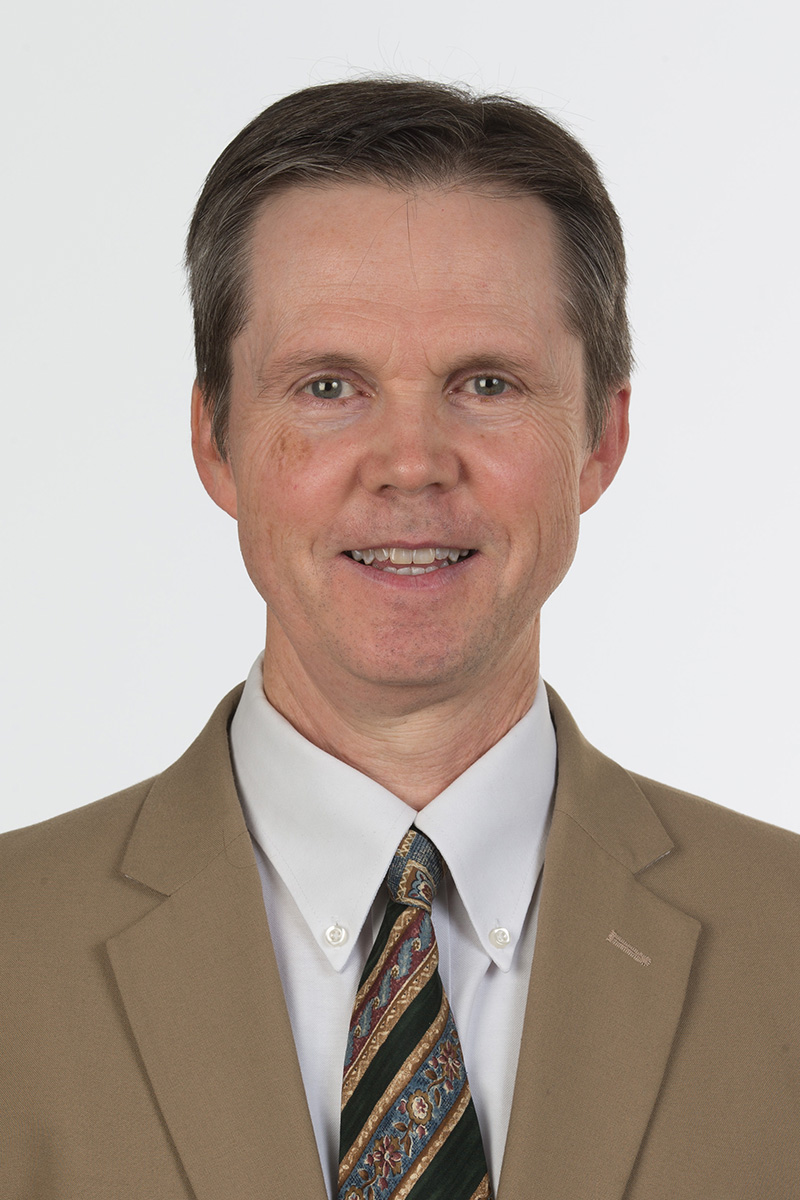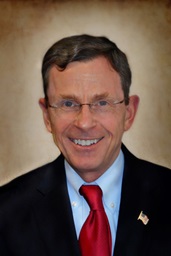Key points:
- May 3 will mark the 30th anniversary of World Press Freedom Day, launched by the United Nations.
- The United Methodist Church has guidelines for open meetings and provides for a news agency that operates with editorial autonomy.
- Reporting on both successes and struggles reflects well on the church and shows how it brings faith and a Christ-like heart to addressing challenges.

Commentaries
What does World Press Freedom Day mean for United Methodists?
Thirty years ago, the United Nations designated May 3 as a day to call attention to the importance of free expression and freedom of the press. Like the U.N., the Methodist movement is active in countries all over the world.
Some countries have a great degree of press freedom, while others have little or none. Those with a restricted press also are countries where United Methodist churches face limitations in what they are allowed to do under government regulations.
This is not a coincidence.
This year’s theme for World Press Freedom Day is “Shaping a Future of Rights — Freedom of expression as a driver for all other human rights.” That theme should resonate with people of faith.
Freedom of religion and freedom of worship, like freedom of the press and freedom of speech, are signs of a society that values essential human liberties and pluralism of thought. Governments that curtail these basic rights also try to control what people believe and what they think. Possessing a Bible or other religious materials, in these countries, can get people in trouble; listening to or reading news media that aren’t authorized by the government can also be dangerous. These rights go hand in hand.
In The United Methodist Church, our Book of Discipline underscores the importance of openness and transparency. It sets guidelines for open meetings, and it provides for a news agency that operates with editorial autonomy.
Years ago, the denomination decided that having a news service would ensure that the church’s story is told, and that it is told by professionally trained journalists who are knowledgeable about the church and have its best interests at heart. UM News, a ministry of United Methodist Communications, carries out that mission today.
The denomination has been well served by this approach. When major news has happened in the world, UM News has been there to tell how United Methodists are responding. During crises, when the denomination has been in the media spotlight, UM News often has been the news organization that has given the fullest account and set the record straight. And on an ongoing basis, UM News has lifted up stories of individuals and congregations living their faith in amazing ways.
We love to tell those stories, and we do so in multiple languages — Spanish, Korean, Portuguese, French, as well as English. United Methodists are at work in some of the most remote parts of the world, and we go there to capture their stories in photos, videos and the written word. Reflecting the diversity of the church and amplifying voices that often are not heard are important values for UM News. The people of the church should see themselves in the stories and images. And we should see Jesus.
Having a news agency that reports both on the church’s successes and struggles reflects well on the denomination’s credibility and transparency. In a well-informed church, members and leaders are better equipped for making sound decisions. Reporting all sides of an issue also shows how the church, at its best, brings faith and a Christ-like heart to addressing challenges.
Objectivity is core to the work of both UM News and the Ask The UMC team at United Methodist Communications. Ask The UMC, the information service of The United Methodist Church, fields thousands of queries from people each year and provides insightful FAQs and features on the church and its work in a straightforward style. Both Ask The UMC and UM News are striving to provide clear and authoritative information for the church in this time of uncertainty.
Having the freedom to report the news comes with a responsibility to be diligent, thorough and accurate, as well as fair and balanced. This responsibility is felt by all of us at UM News, especially in the current environment in The United Methodist Church, where disagreements over LGBTQ inclusion and what it means to be a follower of Jesus have led to churches leaving the denomination.
There are so many developments around church disaffiliations and the future of the denomination that our entire team could stay fully occupied covering nothing but this one topic. We hear from people asking us either not to report on disaffiliations or to report more on them. We have a responsibility to cover this issue, and we are working to do so in a way that provides context. Reporting on every individual situation is not possible. However, with our small team, we are producing a steady amount of coverage on this topic, providing all the clarity we can, while continuing to tell the other stories of the church that need to be told.
Subscribe to our
e-newsletter
In addition to news reporting, we provide a platform for people to share their personal experiences and perspectives on topics of faith. Sometimes the views expressed can be unsettling, but those perspectives give us a deeper understanding of one another’s journeys and why we believe what we believe. The free exchange of ideas includes the ability of the audience to respond with feedback to our coverage, and constructive input, whether pro or con, is welcome.
On World Press Freedom Day, think about the role that news plays in your life, and the importance of having multiple sources that you can rely on for information. Seek out different perspectives, including those that might challenge a deeply held view. Give thanks for the people who bring you the news in your community and church and be an advocate for them.
That includes United Methodist communicators who work in church regions, or annual conferences. They play an important role in telling the stories, in addition to handling other major responsibilities in their conferences. That’s not always easy. On a day when we lift up freedom of the press and give thanks for the storytellers, it is important to celebrate the work of our conference communicators.
Finally, with smartphones and other devices, each of us now holds a virtual press in our hands. As we create content and engage with others, we can lean on advice from Methodism’s founder, John Wesley, to do no harm, do good and do what honors God.
Tanton is director of UM News and chief news officer for United Methodist Communications. He can be reached at [email protected].
To read more United Methodist news, subscribe to the free daily or weekly digests.



